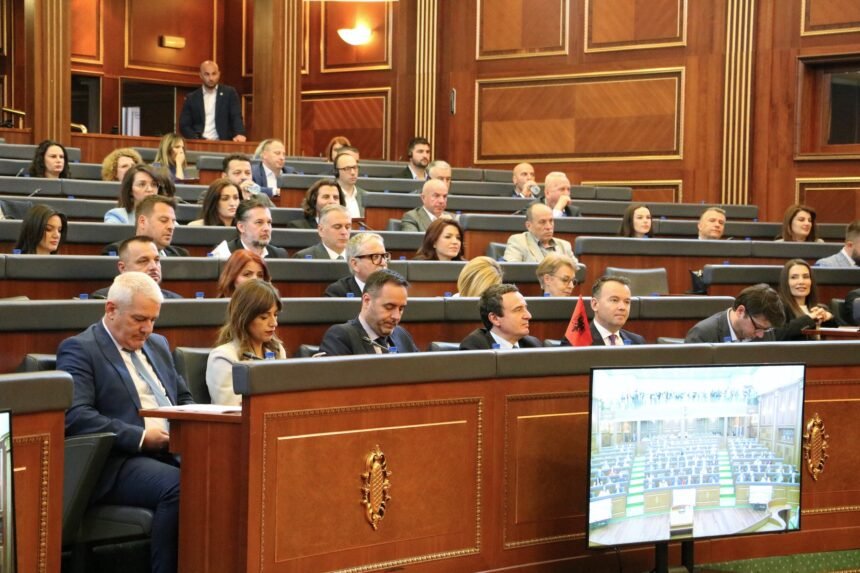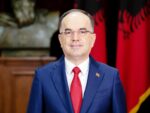Kosovo has seen political stalemates before. They’re not new, and over time, citizens have become somewhat desensitized to them. But this time, the institutional deadlock carries much higher risks—particularly because it’s happening amid increasing economic uncertainty, both domestically and internationally. The current stalemate comes at a time when global instability is rising—driven by war, inflation, and shifting trade dynamics. In this fragile landscape, Kosovo’s inability to form functioning institutions could cause lasting harm to its economy.
In its recent report “Adapting for Sustainable Growth”, the World Bank warned that Kosovo’s economic outlook is highly exposed to uncertainty and significant risks. Even with past governments that had a strong electoral mandate, Kosovo struggled to respond effectively to the inflationary shockwaves of the past few years. So imagine the potential damage now—when the country doesn’t even have a working parliament or executive.
Kosovo is already ranked among the lowest in Europe in income per capita. Despite relatively high spending on social protection, the World Bank has previously described Kosovo’s welfare system as inflexible and unable to offer comprehensive protection—a warning issued during the 2022 inflation wave, which was the worst in decades. Now, local economists warn that inflationary pressures inside Kosovo remain active, even as regional uncertainty grows. This combination could push international institutions to revise downward their growth projections for Kosovo. Such a downgrade would mark the second time that Vetëvendosje’s finance minister, Hekuran Murati, might boast about economic growth projections that ultimately fall flat.
The World Bank report outlines serious risks: a slowdown in EU economic activity, disruptions in global trade, falling foreign direct investment, and lower demand for Kosovo’s exports. At home, delays in government formation threaten to stall much-needed reforms and investments. Investors need predictability, and Kosovo currently offers none.
All this is happening because of one seat: the Speaker of the Assembly. Vetëvendosje insists on re-nominating Albulena Haxhiu, despite clear signs that she lacks enough parliamentary support. While this might seem like a political chess move, the real cost is economic and social—with consequences most deeply felt by the vulnerable segments of society.
According to both the World Bank and the IMF, Kosovo must accelerate investment in human capital and infrastructure, commit firmly to structural reforms, and ensure strong and stable institutions. These steps are not possible in the current political vacuum. If Kosovo truly wants to reduce poverty and close the income gap with the EU, it must first overcome its internal political divisions and restore governance functionality.
Latest economic indicators confirm the trend: the Harmonized Consumer Price Index (HICP) rose by 3.0% from April 2024 to April 2025 and increased by 0.2% just from March to April 2025. This continued rise in consumer prices, even if moderate, confirms that inflationary pressures are ongoing, especially in a context where government action is paralyzed.
Kosovo’s current institutional impasse is not just a political inconvenience. It is a multiplying force in a potentially worsening economic storm. Left unresolved, it risks stalling reforms, scaring away investment, and deepening poverty. Kosovo cannot afford to treat this deadlock as routine politics. The cost this time could be historic.







